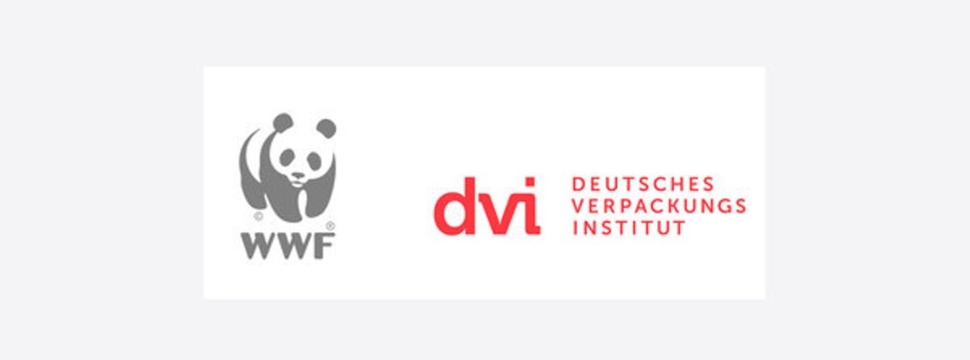No lockdown for sustainability
News General news
Large majority of Germans want beverage deposits and sustainable solutions for takeaway and delivery services, according to survey by dvi and WWF.

While restaurants and cafes remain closed to patrons during the lockdown, take-away and delivery services are booming at Corona times. A good 83 percent of Germans pick up their drinks and meals or have them delivered, according to a recent representative survey by WWF and the German Packaging Institute e.V. (dvi). More than three-quarters of respondents would like to see sustainable packaging (78.5%). Recyclable disposable containers for disposal via the dual system top the list of favorites with a good 50 percent (51.5 %). Private containers follow in second and third place (31.6%), as do deposit containers from restaurants (24%). Private cans are particularly popular with women (35.4% vs. 27.9%). In contrast, men reach for disposable containers more often than women (21.2% vs. 13.5%). Overall, 17.4% of respondents prefer disposable single-use containers regardless of their material and recyclability. Another 13.8 percent don't care how the food and beverages are packaged. The figures show that the clear majority are concerned and prefer more ecological options.
In addition, during the Corona pandemic, the general willingness to deposit has also increased among the population. Compared to a survey conducted in February 2020, the proportion of people who would in principle also return other packaging in return for a deposit grew by another five percent - to a now proud 85 percent. The most likely option for those willing to do so is an additional deposit system for all single-use beverage bottles and cans (regardless of content) (72.6%). This means that a draft bill by the German Environment Ministry to extend the mandatory deposit to precisely this product group has met with broad approval. Around 40% can also imagine a deposit system for hygiene and personal care products (40.2%) and detergents and cleaning products (39.2%). Overall, women are more open to the subject and are more likely to accept almost all variants than men. Just eight percent of the total respondents reject the idea of extending the range, as it is either too unhygienic (7.8%) or too time-consuming (7.3%) for them.
Dr. Martin Bethke, Head of Markets & Companies at WWF Germany, says: "The WWF and dvi survey shows a positive trend among consumers. They are taking a closer look at packaging and favoring more sustainable offerings. Of course, we would like to see even more people using reusable containers instead of recyclable disposable containers for deliveries. And then, of course, that these are returned and reused frequently. Because only then are they really more sustainable. It is up to restaurants and cafés to expand their offerings in this area or to accept private containers more generously. Politics must set the framework: It should promote a switch to resource-saving containers with appropriate initiatives."
Kim Cheng, executive director of the dvi is pleased that "neither pandemic nor lockdown can stop the quest for more sustainability. People are willing to actively support more sustainable solutions and do their part in the circular economy by taking packaging to the deposit machine after use or sending it for recycling via the yellow bag. Many factors play a role in deciding which packaging is the most ecological: from the choice of materials and the use of energy, water and chemicals for cleaning, to transport routes, volume and weight. Therefore, an ecological leader is not always easy to define and depends on the respective circumstances. One thing is certain, however: recyclable packaging, deposit or reusable solutions all have their justification and should completely replace non-recyclable packaging. To this end, companies in the packaging industry are developing more and more innovative solutions."










